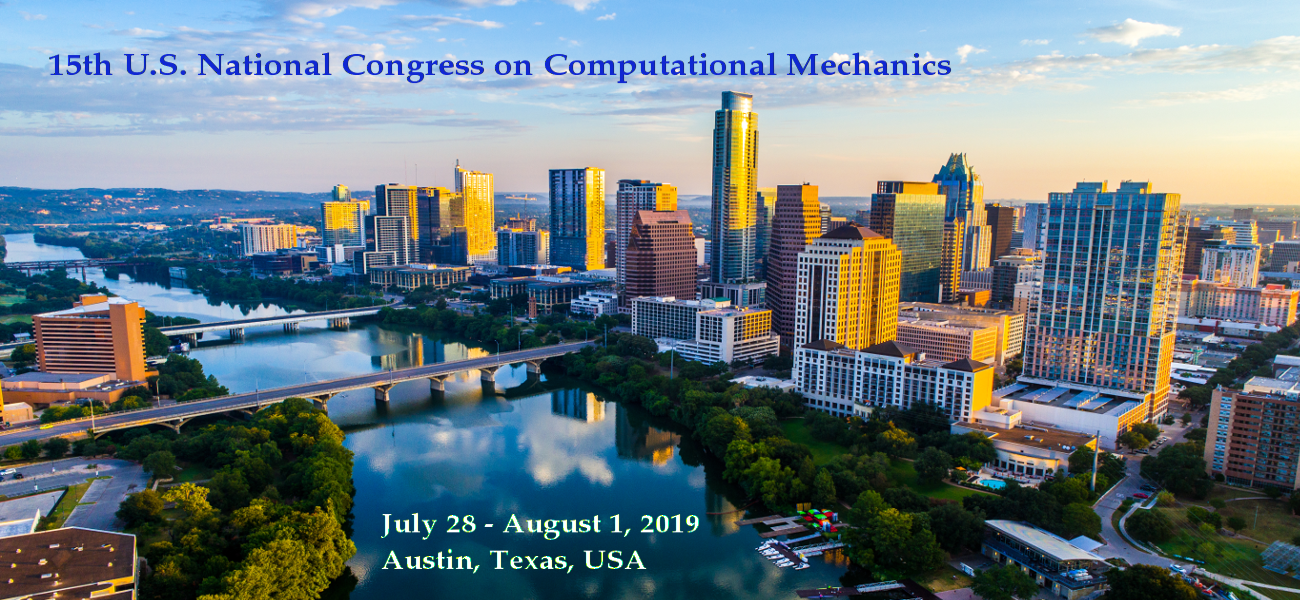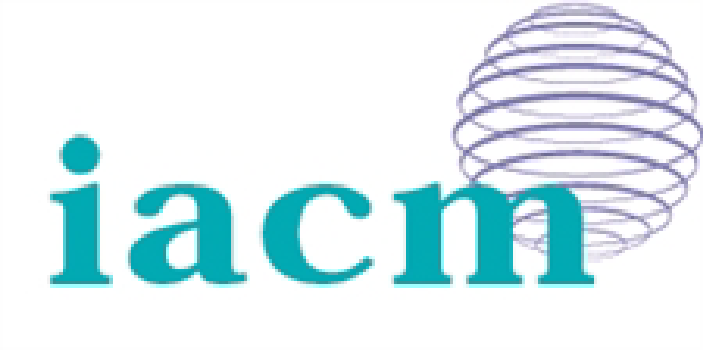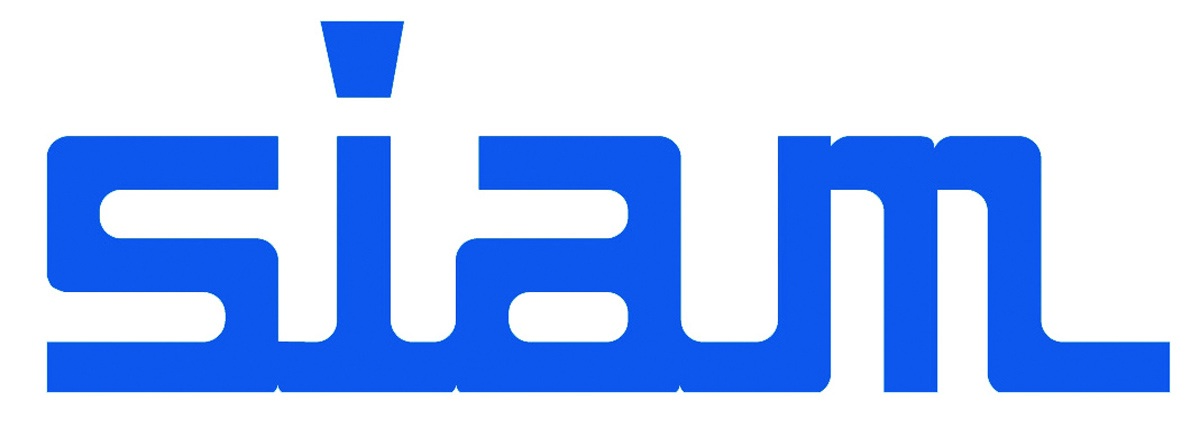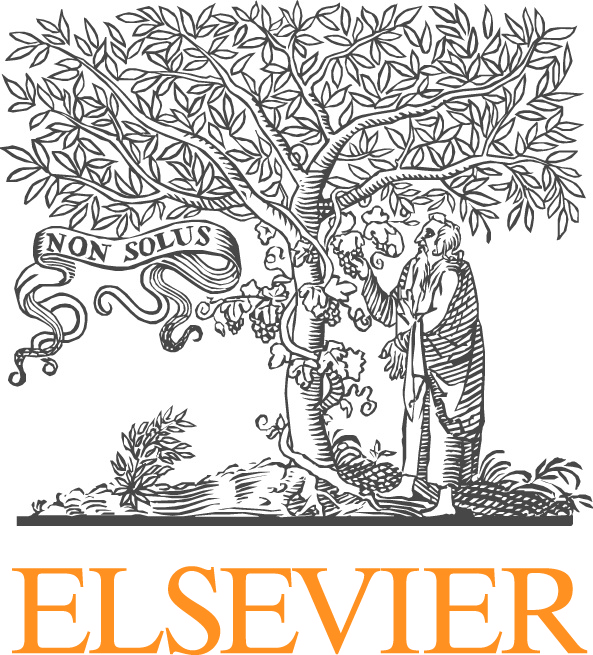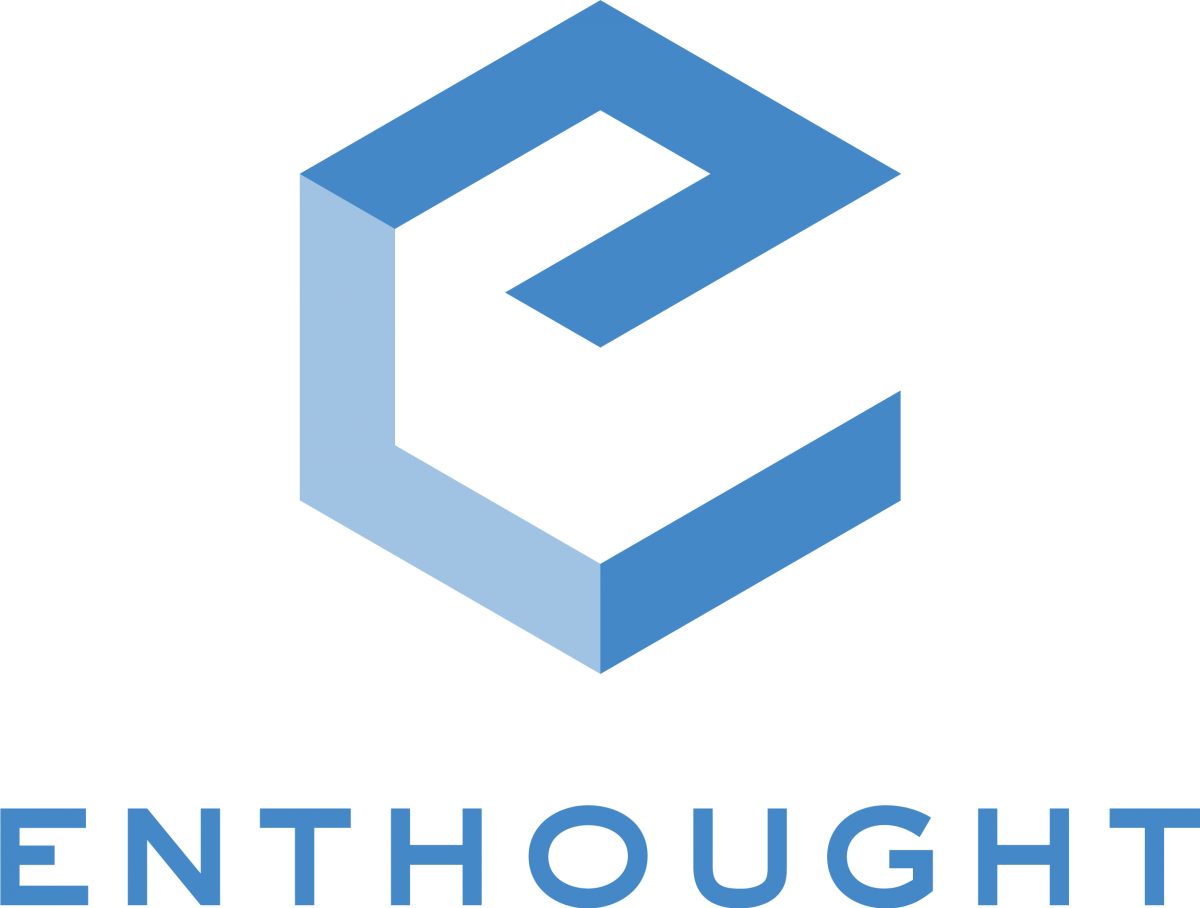Dr. Alejandro Aragon, Delft University of Technology
Dr. C. Armando Duarte, University of Illinois at Urbana-Champaign
Dr. Angelo Simone, Delft University of Technology
Enriched Finite Element Methods have received increased attention and undergone substantial development during the last two decades. These methods offer unprecedented flexibility in the construction of shape functions and corresponding approximation spaces. With the proper selection of enrichment functions, Enriched FEMs are able to address many shortcoming and limitations of the classical FEM while retaining its attractive features.
In this short course, we will delve into enriched finite element formulations, presenting a survey on state-of-the-art methodologies for solving, in an elegant manner, problems that challenge the classical FEM. Participants will be introduced to the approximation theory of these methods and their application to model discontinuities such as material interfaces, cracks, and voids. Although the course is mainly concerned with the Generalized or eXtended Finite Element Method (G/XFEM), more recent methodologies such as the Stable Generalized FEM (SGFEM) and the Discontinuity-Enriched Finite Element Method (DE-FEM) will also be introduced. We discuss implementation details of these methods in existing displacement-based FEM software and we perform 3D simulations of crack propagation in a hands-on session. Detailed lecture notes will be distributed to attendees.
By the end of this course, participants will:
- Understand state-of-the-art enriched FE formulations and identify problems where such formulations could be used;
- Understand the computational challenges associated with the implementation of enriched FEMs in standard displacement-based FE packages.
Who will benefit from this course?
Doctoral and post-doctoral students, researchers from industry and national laboratories.
